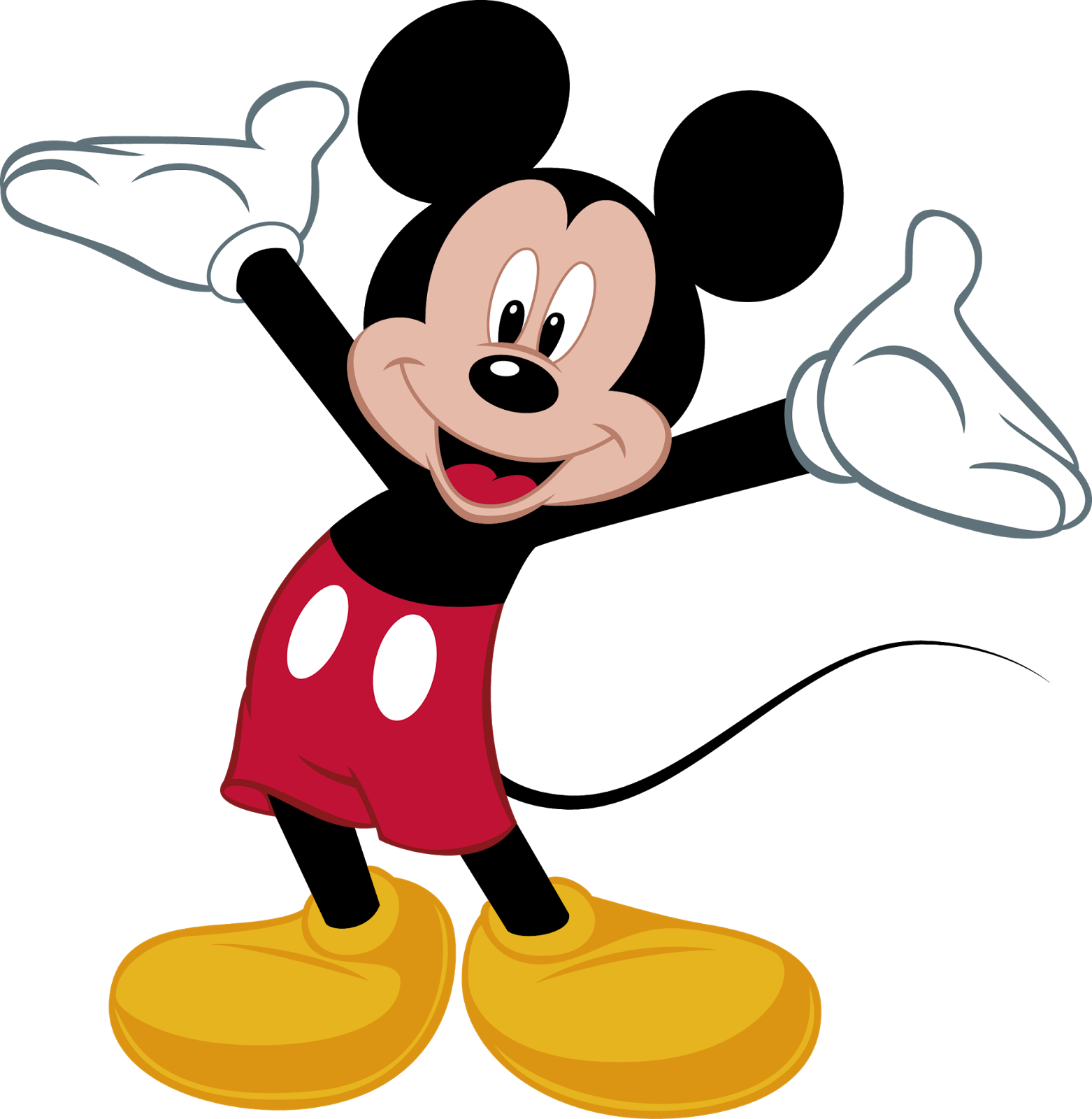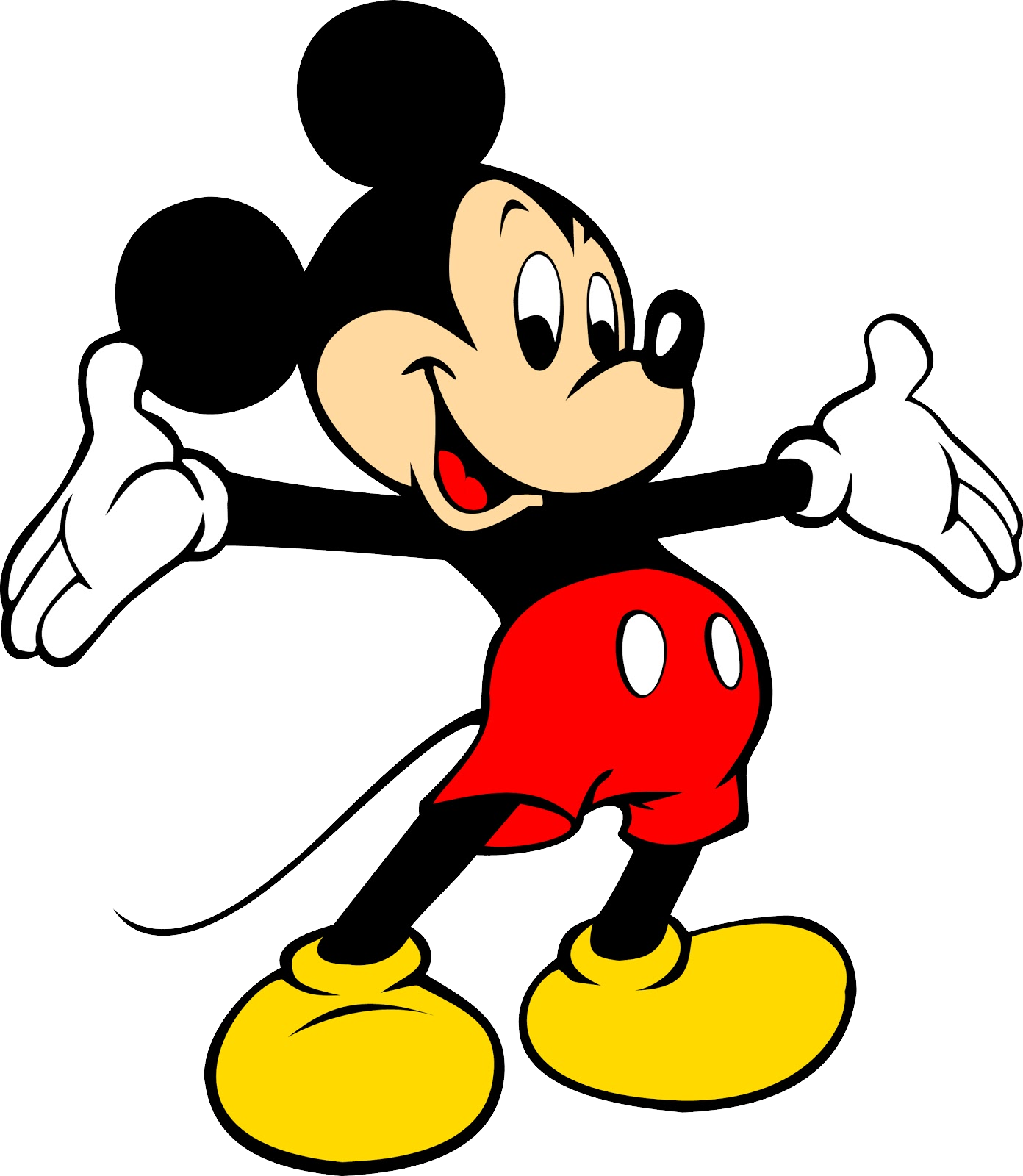Mickey Hart
Mickey Hart - Exploring the Rhythms of a Musical Life
When you think about the heart of rock and roll, particularly the kind that truly pushed boundaries, the name Mickey Hart usually comes to mind. He is, in a way, a guiding force behind some of the most memorable sounds in American music. Born Michael Steven Hartman, on September 11, 1943, this American musician has, over the years, become widely recognized for his incredible work as a player of rhythmic instruments. He is, you know, one of the two drummers who gave the world the unique beat of the Grateful Dead, a band that, for a very long time, shaped a whole generation's musical experiences.
His contribution to music goes well beyond just keeping time; it is, perhaps, about exploring sound itself. Mickey Hart has, quite literally, spent decades on a profound expedition into the very core of music's spirit, often disguised as just playing drums. He's not just a musician; he's someone who thinks deeply about sound, someone who creates art, and a writer, too. His work, you see, consistently aims to cross musical borders and expand what we consider possible with sound, making him a truly important figure in the story of contemporary music.
From pioneering the American psychedelic rock sound to delving into global rhythms, Mickey Hart's journey has been, in some respects, a continuous quest for sonic discovery. His influence stretches across many different forms of music, blending various styles and traditions into something altogether new and exciting. He has, basically, helped define what it means for music to be truly improvisational and to connect with people on a deeply personal level, creating a lasting impact that continues to resonate with listeners today.
Table of Contents
- The Rhythmic Life of Mickey Hart
- What Makes Mickey Hart's Beat So Unique?
- Beyond the Drum Kit - What Else Does Mickey Hart Create?
- How Did Personal Challenges Affect Mickey Hart?
- The Enduring Echoes of Mickey Hart's Work
The Rhythmic Life of Mickey Hart
Michael Steven Hartman, known to most as Mickey Hart, came into the world on September 11, 1943. From those early days, he would eventually grow to become a significant figure in American music, someone who plays a variety of rhythmic instruments. He is, really, most recognized for his time as one of the two people who played the drums for the iconic rock group, the Grateful Dead. For a very long time, this band channeled the sounds and visions of rock's psychedelic counterculture, mixing them with folk tunes and bluesy feelings, creating a sound that was, you know, truly their own. His place in this group meant he was, in a way, at the forefront of a unique musical movement, helping to define a particular era of sound.
His work with the Grateful Dead wasn't just about playing along; it was about being an integral piece of an extraordinary journey into the very soul and spirit of music itself. For nearly five decades, Mickey Hart has been a central part of this ongoing exploration. He is, to be honest, a pioneering force in American psychedelic rock, someone who helped shape the sound that many people still love and listen to today. His presence in the band was, apparently, key to their improvisational style, allowing them to stretch and experiment with musical ideas in ways that were, quite honestly, groundbreaking for their time.
Mickey Hart's Personal Story
Here's a quick look at some personal details about Mickey Hart, giving you a bit more insight into the person behind the music:
| Full Name | Michael Steven Hartman |
| Commonly Known As | Mickey Hart |
| Date of Birth | September 11, 1943 |
| Place of Birth | New York City, New York, United States |
| Primary Role | Percussionist, Musician |
| Known For | Being one of two drummers for the Grateful Dead |
| Other Roles | Musicologist, Author, Artist |
| Awards | Grammy Award Winner |
What Makes Mickey Hart's Beat So Unique?
When you listen to Mickey Hart play, there is, you know, a certain something that makes his sound stand out. It's not just about hitting drums; it's about creating a whole sonic world. His playing, you see, is deeply rooted in the improvisational rock music style, where musicians often make up parts as they go along, creating something fresh and unexpected every time. This approach allows for a kind of musical freedom that is, quite honestly, pretty rare. He has a way of blending different musical styles, taking bits from folk traditions, the blues, and the psychedelic sounds of the counterculture, and making them all work together in a cohesive, compelling way. It's like he's telling a story with every beat, a story that changes slightly with each telling.
The "Mickey Hart Collection" from Smithsonian Folkways is, in a way, a testament to his dedication to exploring sound beyond typical boundaries. This collection helps keep alive and further his ongoing quest to move past musical borders and open up new ways of thinking about rhythm and sound. It's a project that shows his deep interest in how music connects people from different places and cultures. He's always been someone who looks for the common threads in human expression through sound, and this collection really highlights that particular passion. It's not just about what he plays, but why and how he plays it, always pushing for a broader, more inclusive musical experience.
Beyond the Drum Kit - What Else Does Mickey Hart Create?
Mickey Hart's creative spirit isn't, you know, confined to just playing rhythmic instruments. He's someone who explores many different avenues of expression. For instance, he's a person who writes books, having authored several notable works that delve into his thoughts on music and sound. Two of his well-known titles include "Drumming at the Edge of Magic" and "Global Drum Project." These books offer a deeper look into his philosophy and his approach to music, sharing his insights with anyone who wants to understand the broader connections between rhythm, culture, and the human experience. He is, basically, a thinker as much as he is a player, always seeking to articulate the deeper meaning behind his art.
Mickey Hart's Creative Pursuits
Beyond his written words, Mickey Hart is also, you know, recognized as a musicologist, which means he studies music from a scholarly perspective, often looking at its history and cultural impact. He's also an artist in a visual sense, exploring different forms of creative expression that go beyond sound. And, he's a part of what's described as "spiritual adventures," suggesting a deeper personal quest for meaning through his work and life. This wide range of activities shows that his interest in creation is, apparently, quite broad, encompassing many different ways of making and understanding things. He continues to perform, too, with groups like Dead & Company, keeping his connection to live music very much alive and well, which is, to be honest, pretty amazing given his long career.
His work has, actually, earned him significant recognition, including a Grammy Award. This award speaks to the high regard in which his musical contributions are held by his peers and the wider music community. It's a clear sign that his unique approach to playing and creating music has, quite literally, resonated with a vast audience. He's someone who, for many decades, has been an essential part of an extraordinary journey into the very soul and spirit of music, often presented in the guise of a rock band. His continued popularity is also clear from his online presence, with hundreds of thousands of people following his updates and engaging with his thoughts, showing that his influence is, you know, still very much felt today.
How Did Personal Challenges Affect Mickey Hart?
While many musicians might decide to leave a band because they want to start a solo career or pursue different artistic directions, Mickey Hart's situation was, in some respects, a bit more complicated and, honestly, quite difficult. His reasons for stepping away from the Grateful Dead for a time were, apparently, rooted in a darker personal experience. It wasn't about creative differences or a desire for individual fame; it was about something much more serious that touched his personal life and the band's finances. This kind of challenge can, you know, weigh heavily on anyone, especially when it involves people you trust and work closely with, making it a very personal ordeal.
What Difficulties Did Mickey Hart Overcome?
The particular difficulty that Mickey Hart faced involved his own father. For a brief period, his father took on the role of managing the Grateful Dead. During this time, however, his father, unfortunately, took a significant sum of money from the band, around $70,000, in a dishonest way. This act of taking money that didn't belong to him, without permission, was, naturally, a huge blow to both Mickey Hart personally and to the group as a whole. It's a situation that would, quite understandably, cause a great deal of distress and complicate relationships within the band. Overcoming such a deeply personal betrayal, while also dealing with the public nature of being in a famous band, must have been, you know, an incredibly tough experience for Mickey Hart.
The Enduring Echoes of Mickey Hart's Work
Mickey Hart's contributions to music have, really, created a lasting impression that continues to resonate with listeners across the globe. For nearly five decades, he has been an essential piece of a truly extraordinary exploration into the very essence and spirit of music. This journey, which often took the form of the Grateful Dead's performances, was, in a way, a profound quest to understand the deeper connections between sound, human emotion, and collective experience. His work has helped define what it means for music to be more than just entertainment; it's about a shared experience, a collective consciousness, and a constant search for new sounds and meanings. He is, basically, a keeper of musical traditions while also being an innovator, always pushing the boundaries of what is possible with rhythm and sound.
His ongoing presence in the music world, whether through performing with Dead & Company, releasing new material, or sharing his thoughts in books, shows that his influence is, you know, far from fading. The fact that hundreds of thousands of people follow his activities online and engage with his ideas demonstrates the continued relevance of his artistic vision. He remains a beloved figure, someone who has, for a very long time, consistently channeled the sounds and feelings of a particular era, blending them with timeless elements of folk and blues. Mickey Hart's unique approach to playing rhythmic instruments, his deep curiosity about the world's sounds, and his personal journey all contribute to an enduring legacy that will, apparently, continue to inspire musicians and music lovers for many years to come.

Mickey Mouse | Animation Wiki | Fandom

Imagens PNG Mickey mouse fundo transparente

Mickey Mouse PNG Image - PurePNG | Free transparent CC0 PNG Image Library